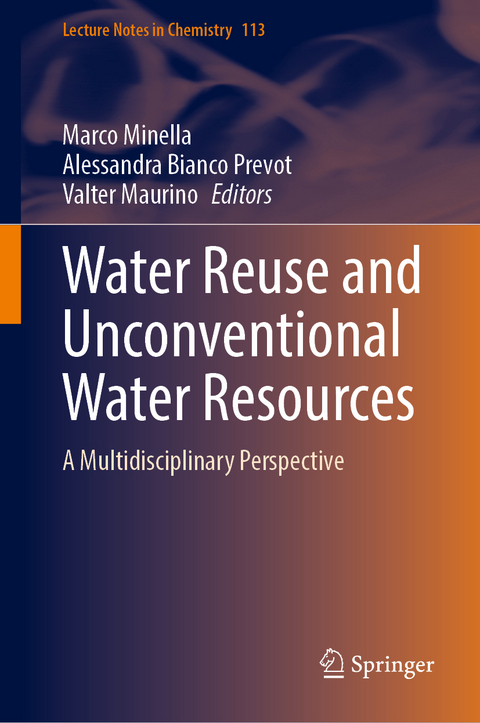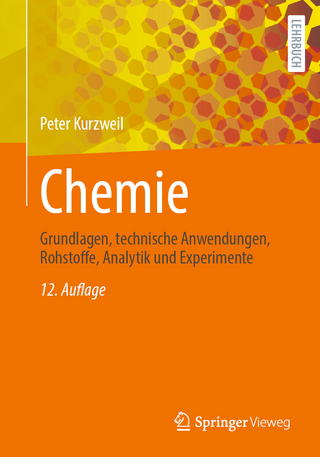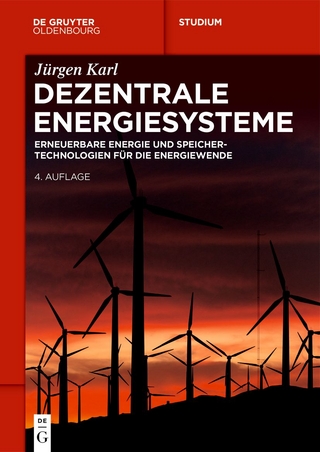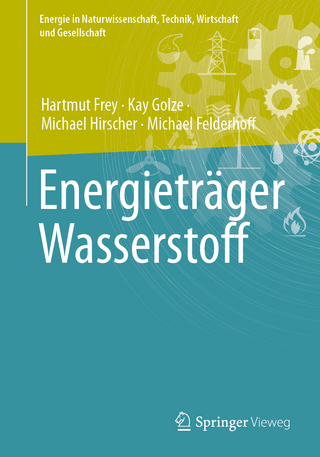
Water Reuse and Unconventional Water Resources
Springer International Publishing (Verlag)
978-3-031-67738-0 (ISBN)
This book covers the latest technologies and challenges for water reuse and unconventional water resources. It presents a comprehensive overview of water reuse as a key approach toward a sustainable solution, and it offers an important multidisciplinary perspective. The book brings together topics spanning from water treatment technologies to social expectation and acceptance, from integrated decisional platforms for policymakers to industrial symbiosis, and from environmental sustainability to legislation aspects. It appeals to both academic and non-academic lecturers, being a valuable resource for teaching and research.
Divided into 4 parts, the book begins with an introduction to water quality and quantity evaluation and the opportunities and challenges of conventional and unconventional water sources. In the second part of the book, readers will learn about the established and innovative strategies for water reuse, including the recent advances in water and the analytical challenges. In Part 3, expert contributors examine policies, plans and regulations for water reuse, with a focus on the European Union Regulation 2020/741. The final part of this book offers a perspective on wastewater reuse in practice, including several case studies of successful water reuse initiatives.
Given its breadth, this book is a valuable resource for PhD students, post-doc researchers, and professionals from water utilities and diverse water user sectors such as agriculture and industry. The book caters to those seeking to deepen their knowledge and contribute to innovative solutions for sustainable water reuse. It also supports and advances the UN's sustainable development goals, in particular SDG6 (Clean Water and Sanitation).
Chapter 17 Water Reuse in the European Union: Risk Management Approach According to the Regulation (EU) 2020/741 in this book is available open access under a CC BY 4.0 license at link.springer.com.
Marco Minella is an Associate Professor of Analytical Chemistry at the Department of Chemistry of the University of Turin (Italy). He is an expert in environmental analytical chemistry with particular expertise in the investigation and development of processes for the removal of recalcitrant pollutants both in air and aqueous media. Other research interests concern the study and modeling of photochemical reactions in surface and atmospheric waters, with particular attention to the role that photochemistry has in the transformation of pollutants. Furthermore, he works in the field of innovative materials for energy with particular attention to the synthesis of new materials in lithium-ion batteries. His research activity resulted so far in 110+ articles in ISI journals, 4 book chapters and 21 oral communications in national and international congresses.
Alessandra Bianco Prevot is a Full Professor of Analytical Chemistry at the Department of Chemistry of the University of Torino (Italy). She works in environmental analytical chemistry and her main research activities concern testing innovative materials and technologies for the abatement of organic micropollutants from water, considering the perspective of water reuse; study of the role of dissolved organic matter on iron-based pollutants degradation processes; exploitation of biowaste from agriculture as auxiliaries for pollutants degradation. She is co-founder of the International School on Water Reuse.
Valter Maurino is a Full Professor of Analytical Chemistry at the Department of Chemistry of the University of Turin (Italy). His main research activities concern the synthesis of morphology-controlled inorganic and hybrid nanoparticles and thin films for functional application (solar energy harvesting, tribology and tribochemistry of nanocomposites, nanometrology); heterogeneous photocatalysis and advanced redox processes; environmental analytical chemistry; photoinduced and photosensitized abiotic transformation processes of anthropogenic compounds and natural organic matter. He has published 190+ papers in ISI-indexed journals and 3 book chapters. He teaches environmental chemistry courses, analytical chemistry for environmental and material science, and photochemistry for undergraduate, graduate and PhD students. He is also involved in public engagement activities in secondary school about environmental chemistry, water resources and atmospheric pollution as well as technology transfer in Advanced Redox Processes for water and air remediation.
Water as a Non-infinite Resource: Human Appropriation, Water Footprint and Water Scarcity.- Earth Water Resources: A Quantitative Evaluation and Future Challenges.- Categories, Distribution, Opportunities and Challenges of Unconventional Water Resources.- Composition of Natural and Treated Water. Chemical And Microbiological Pollutants.- Antibiotics and Antibiotic Resistance Genes in Water.- Limits and Perspectives of Established Technologies for Urban Wastewater Depuration.- Consolidated and Innovative Disinfection Strategies for Wastewater: A European Vision.- Advanced Oxidation Processes for Tertiary and Quaternary Wastewater Treatments: Trends, Future Prospects and Engineering Issues.- Implementation of Solar Technologies for Water Treatment.- Recent Advances in Semi-industrial Water Treatment Under Integrated Cavitational Processes.- Membrane Technologies for the Water Treatment. Part 1: Basic Principles.- Membrane Technologies for the Water Depuration Part 2: Three Industrial Case Studies on Water Reuse.- Water Treatment by Phytoremediation and Filtering Through Agricultural Residues.- Technologies for Desalination of Brackish and Sea Water.- Analytical Challenges in the Water Reuse Scenario.- The European Union Regulation 2020/741: From the Management of Water Resources to the EU Legislation for its Reuse.- Water Reuse in the European Union: Risk Management Approach According to the Regulation (EU) 2020/741.- Institutional Design Principles for Water Reuse: An Analytical Framework.- Few Remarks for an Informed Debate on the Acceptance of Water Reuse: Attitudes, Practices and Behaviors.- Water Use Efficiency in Agriculture: From the Water Footprint Concept to Water Management Policies and Practices.- Treated Wastewaters for Reuse in Irrigation Practices in Agriculture.- Aquaponics: A Case of Integrated Aquaculture with Total Water Reuse.- Life Cycle Assessment (LCA) Applied to Water Treatments Technologies for Water Reuse.- Water-Energy-Food-Ecosystems-Climate Nexus in the Water Reuse Sector. Current State, Gaps and Challenges for Practical Applications.- An Update on Water Reuse in the European Union Considering the Regulation 2020/741.- Water Reuse in Spain: Drivers and Barriers in Murcia and Almeria Region.
| Erscheinungsdatum | 26.11.2024 |
|---|---|
| Reihe/Serie | Lecture Notes in Chemistry |
| Zusatzinfo | XV, 641 p. 196 illus., 179 illus. in color. |
| Verlagsort | Cham |
| Sprache | englisch |
| Maße | 155 x 235 mm |
| Themenwelt | Naturwissenschaften ► Chemie ► Technische Chemie |
| Schlagworte | Advanced oxidation processes • antibiotic resistance • Aquaponics • climate change • Desalination • Phytoremediation • Unconventional Water Sources • Urban Wastewater Depuration • wastewater reuse • water cycle • Water disinfection • Water-Energy-Food-Climate Nexus • Water Footprint • Water Polliutants • Water Reuse in Agriculture • water scarcity • Water Treatment Technologies |
| ISBN-10 | 3-031-67738-2 / 3031677382 |
| ISBN-13 | 978-3-031-67738-0 / 9783031677380 |
| Zustand | Neuware |
| Informationen gemäß Produktsicherheitsverordnung (GPSR) | |
| Haben Sie eine Frage zum Produkt? |
aus dem Bereich


